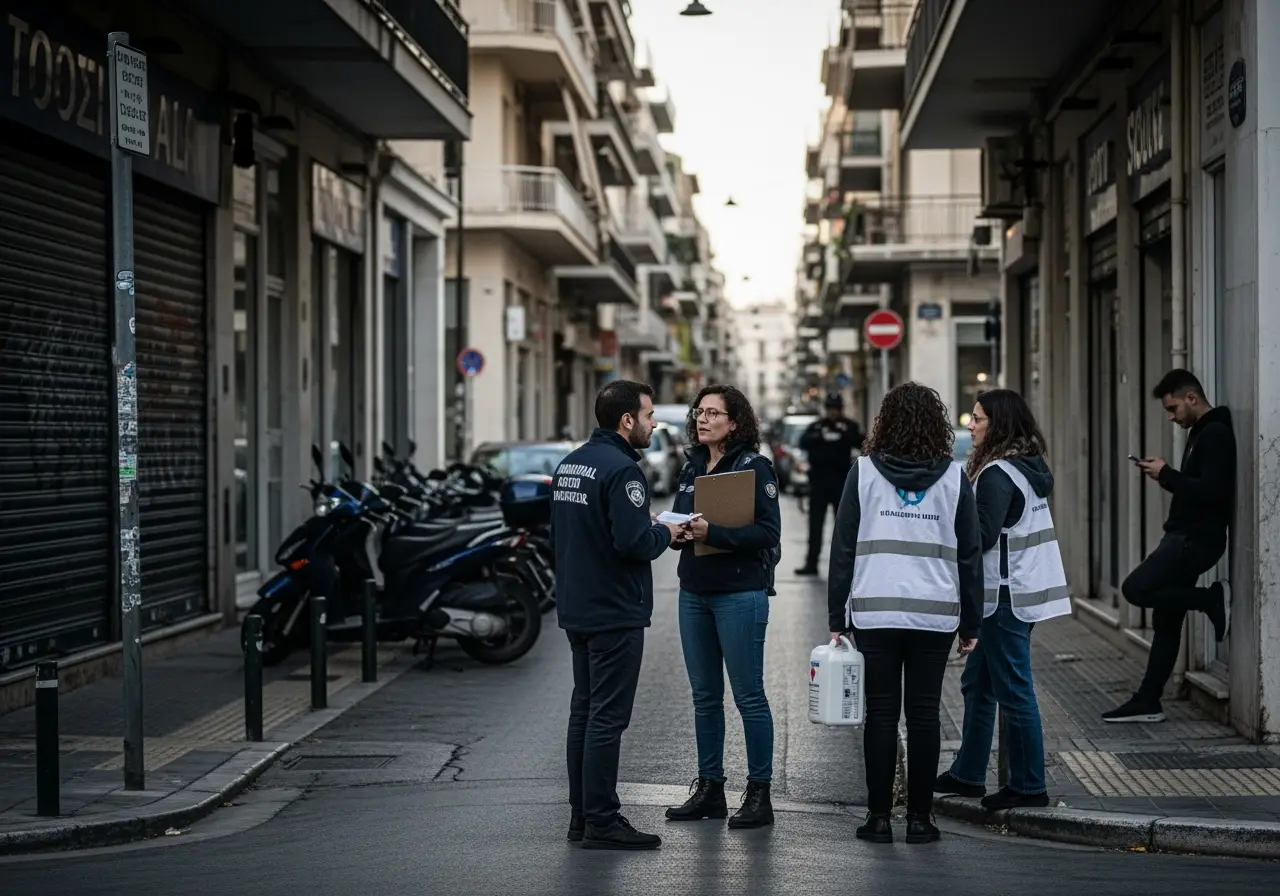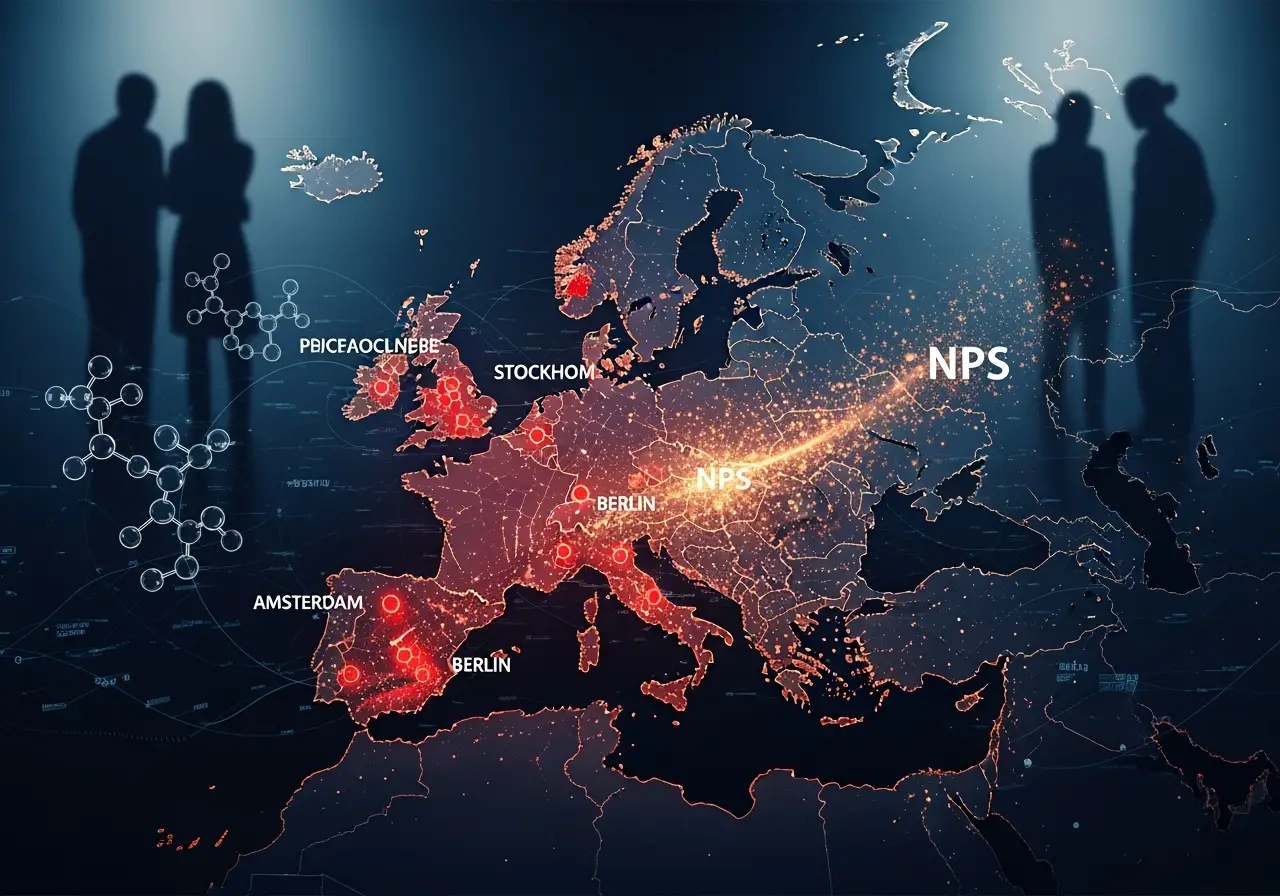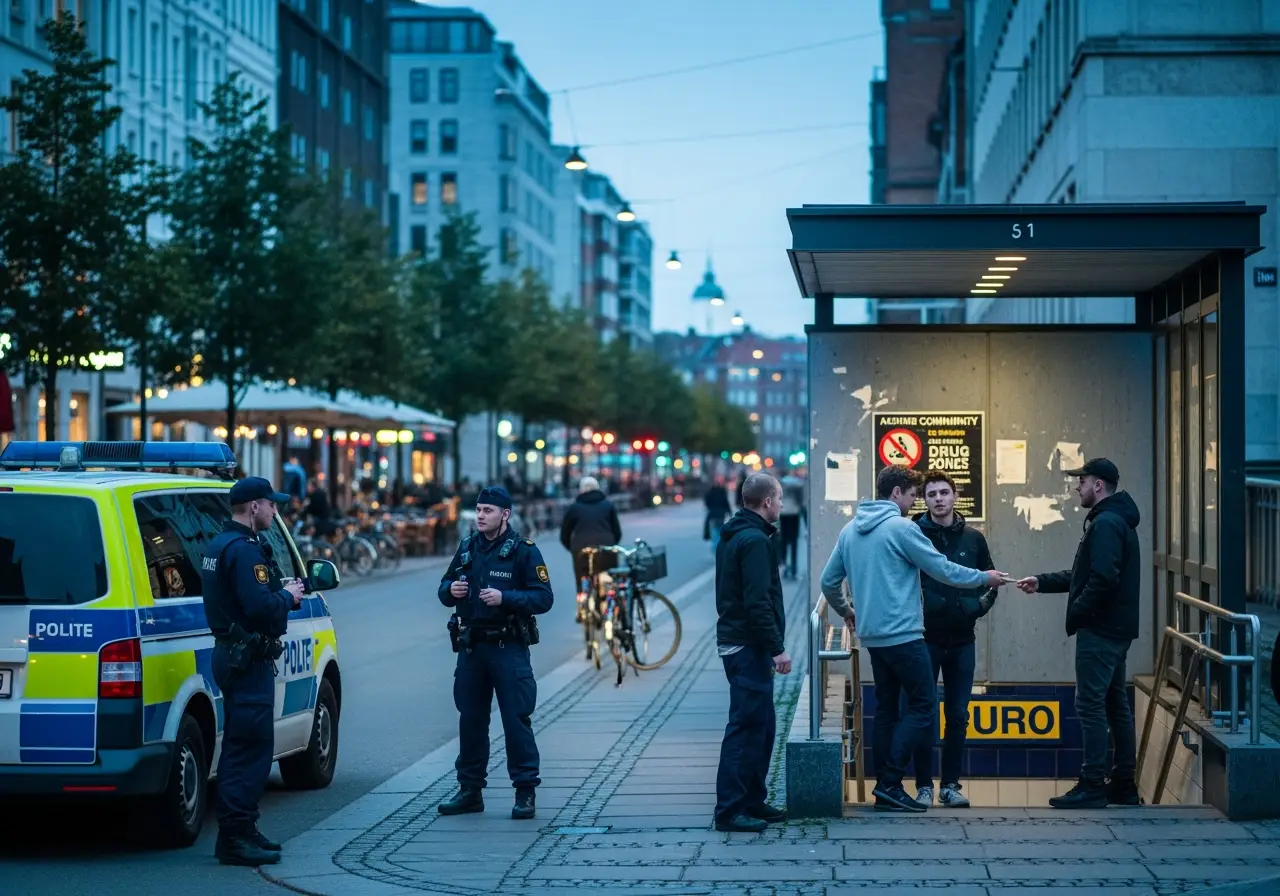Positioned at the southeastern edge of Europe, Greece has long been a crossroads of cultures, trade, and history. Today, it stands on the front line of a different kind of commerce: the international drug trade. As a primary gateway for heroin entering the continent and a nation facing its own significant challenges with domestic drug use, Greece is fighting a difficult, multi-front battle against addiction and organized crime.
The country’s struggle is defined by its geography. While it grapples with a long-standing opioid problem and rising stimulant use, it must also contend with being a major transit hub for trafficking networks. This dual pressure creates a complex and challenging environment for public health officials and law enforcement alike.
The Enduring Shadow of Heroin
For decades, heroin has been the central challenge for Greek drug policy. The country is a key point of entry for heroin trafficked from Afghanistan and Iran along the Balkan route. This has resulted in a significant population of people who use opioids, many of whom have long-term and deeply entrenched addictions. Injecting drug use remains a major concern, and with it, the associated health risks.
While heroin use has shown signs of stabilization or even a slight decline from its peak, the problem is far from over. The user population is aging, presenting complex health needs that strain the treatment system. Furthermore, the constant flow of heroin through the country ensures its availability on the street, posing a continuous threat to vulnerable individuals and a new generation of potential users.
The Rise of Cocaine and Synthetic Drugs
While opioids have dominated the narrative, Greece is now facing a growing wave of stimulant use, mirroring trends across Europe. Cocaine, once considered a drug of the elite, is becoming more widespread and accessible. Wastewater analysis in Athens has shown a significant and growing presence of cocaine metabolites, indicating rising consumption in the capital. This normalization is a dangerous trend, as it can mask the drug’s highly addictive nature and severe health risks.
At the same time, the market for synthetic drugs like MDMA (ecstasy) and amphetamines is expanding, particularly among younger people and in nightlife settings. The production of these drugs is not as prevalent in Greece as in other parts of Europe, but the country serves as a transit and destination market, supplied by labs in Central and Western Europe.
A Vulnerable Generation
Young Greeks are navigating a landscape of high unemployment and economic uncertainty, factors that often correlate with increased substance use. Cannabis remains the most widely used illicit drug among youth, with rates of experimentation that are a cause for significant concern.
The normalization of both cannabis and the rising popularity of party drugs like MDMA create a high-risk environment. For many young people, what begins as occasional recreational use can quickly spiral into dependency, especially when combined with the pressures of modern life and a lack of economic opportunity.
The Human Toll: Overdoses and Infectious Diseases
Greece has made significant strides in harm reduction, a necessity born from its long battle with heroin. Needle and syringe programs and opioid substitution therapy (OST) are cornerstones of its public health response. These efforts were instrumental in containing a major HIV outbreak among people who inject drugs in Athens between 2011 and 2013 and continue to be vital in preventing the spread of infectious diseases.
Despite these successes, overdose deaths remain a tragic reality. The 2022 data reported 230 drug-induced deaths, a significant number for a country of its size. The biggest fear now is the potential arrival of highly potent synthetic opioids, such as fentanyl and nitazenes, which are causing devastation in other parts of the world. The adulteration of heroin with these substances could lead to a catastrophic spike in overdose deaths, overwhelming a health system that is already under considerable strain.
Fighting on the Front Lines
Greek law enforcement is in a constant battle against powerful international trafficking networks that use the country’s extensive coastline and numerous islands to smuggle drugs into the EU. Large seizures of cannabis and cocaine are common, and authorities work closely with international partners like the DEA and Europol to disrupt these operations.
However, the sheer volume of illicit products flowing towards Europe makes interdiction a monumental task. For every shipment seized, many others get through. The vast profits generated by this trade fuel organized crime, which poses a threat to stability and the rule of law.
This is where a real solution like the Narconon program becomes so critical. To truly weaken the grip of trafficking networks, the demand for their products must be addressed. The Narconon program provides a path to genuine recovery, freeing individuals from the chains of addiction. Through its unique drug-free approach, which includes a deep detoxification process to cleanse the body of drug residues and comprehensive life skills courses to rebuild a sense of purpose and personal ethics, Narconon offers a way out. For a nation on the front lines like Greece, every individual who successfully overcomes addiction is a victory, reducing the human toll and striking a blow against the criminal enterprises that thrive on dependency.
Sources:
- European Monitoring Centre for Drugs and Drug Addiction (EUDA) / European Drug Report
- Greek National Focal Point on Drugs and Drug Addiction (EKTEPN)
- University of Athens, Department of Forensic Medicine and Toxicology Reports
- Data synthesized from national and European reports on the drug situation.



